
'Depends on what you consider a PC,' Unit-e Technologies founder Eric Yockey explains when asked to name his favourite classic PC game. 'My first system was an Atari XEGS, which I got when I was about three years old. Pirated games were often sold in bulk in stores at that time, so I had tons of games on 5.25" floppies, and some of them even worked. I spent a lot of time playing games like Blue Max, Ninja, and Trailblazer. My mother liked B.C.'s Quest for Tires and my father liked Hardball. Video games were in a strange place in the late 80s; they seemed more accessible to older generations than modern video games are, and we often played together. Part of that magic is what we're trying to recapture with the PC Classic.
'If we're talking about the 80s, it was probably Blue Max. The game just has a really good flow and controls well for an Atari title, it uses some neat innovations with the damage system that change your play style, and the explosions are very satisfying. If we're talking about the 90s, I love the Marathon series. I tend to lean toward games with a heavy focus on story, but Marathon also set a lot of the groundwork for modern multiplayer shooters - arenas, modes, teams - and even speed-running, due to the film system which let you record your movements to a small file that was easy to share over dial-up connections.'
There's a reason to be discussing vintage games with Yockey, and it's not idle curiosity: Through his company Unit-e Technologies Yockey is looking to bring back the days of DOS gaming by following in the footsteps of Nintendo and Sony with a miniaturised plug-and-play microconsole dubbed, imaginatively, the PC Classic. The design, which looks like a classic IBM that went through a boil wash, features over 40 officially licensed games, modern HDMI and classic composite video and audio outputs, USB connectivity for controllers, SD card expansion disguised as a floppy drive, and built-in Wi-Fi connectivity for updates, additional game downloads, and potentially even network multiplayer.
It's an idea that started life as a joke. 'Our principal engineer saw that people were joking about things like "the VCR Classic" and "the PC Classic" and he pitched it to me because he felt we could actually make a PC Classic, and moreover make it really cool,' Yockey recalls. 'I discussed the project with a bunch of people from various backgrounds and varying amounts of technical ability, and most people took an immediate liking to it and would say something like "oh, yeah, if I could play Jill of the Jungle on my couch, I'd totally buy one!"
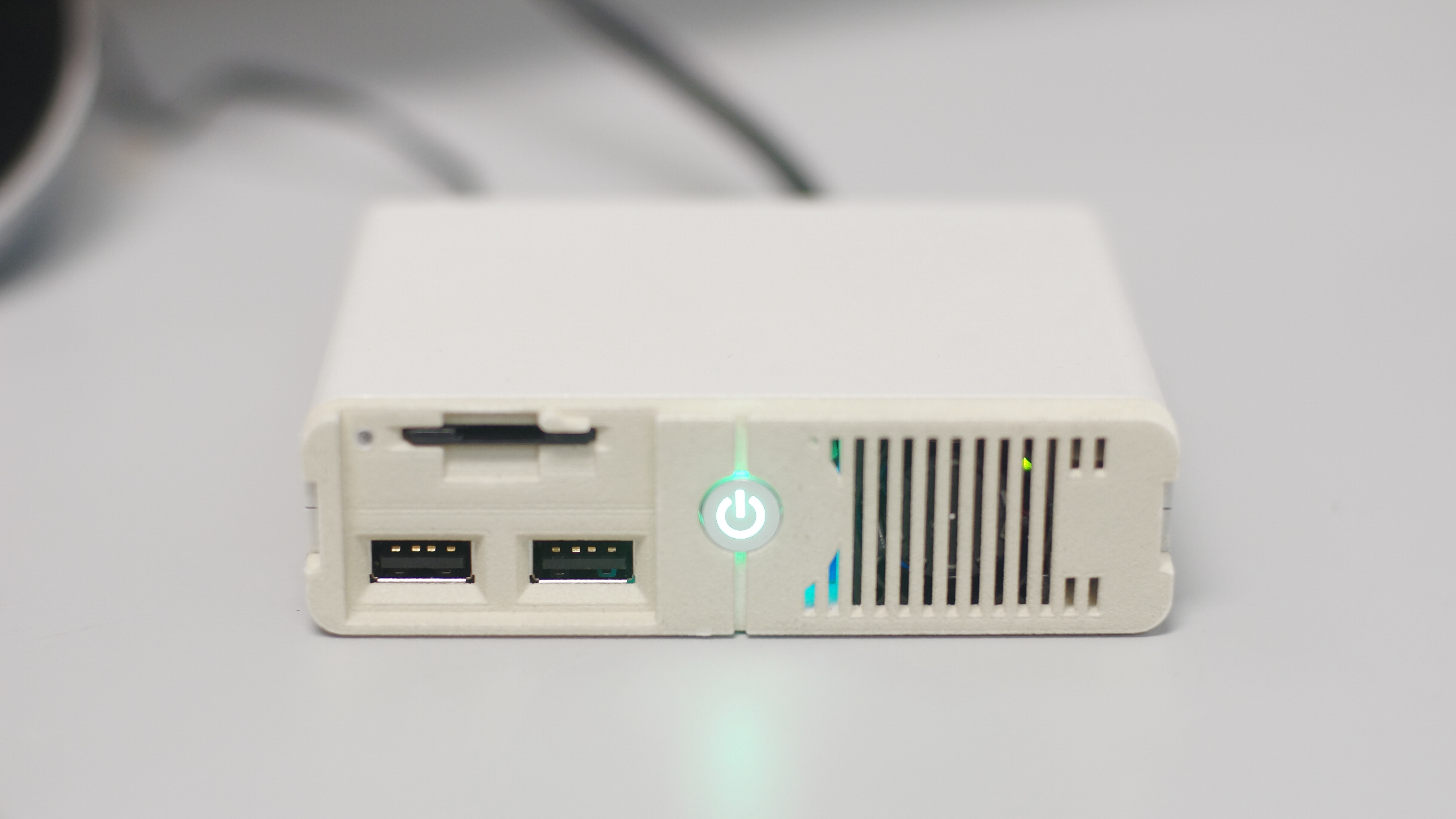
'We named it "the PC Classic" as a self-aware joke, but it's a real piece of hardware with a ton of real value. I think the biggest improvement we've made to the "classic" console landscape is adding the ability to legitimately expand the library (without cracking the software) through expansion SD cards and online downloads.'
The ability to extend the built-in games library - both through official Unit-e provided packs and, potentially, by allowing users to install their own classic games may give the PC Classic longevity above and beyond the locked-down competition, but it brings with it some headaches. Asked whether users will be able to install custom software, Yockey explains: 'The sarcastic answer is "yes," since any piece of hardware can be hacked and unlocked. It was our intention to have it be a closed system like the other classic consoles, but we've been getting a lot of requests for this feature, so we'll see if it's feasible to include and palatable to IP licensors - who would be at a greater risk of losing royalties.'
There's another fly in the ointment, too: Game licensing itself. It's here that Nintendo, Sony, Sega, and Atari had a leg-up when it came to jumping on the emulated classic console bandwagon: Each company developed first-party and published third-party titles, giving them a ready-to-rock back catalogue of games which could be raided for titles to pre-install on their shrunken recreations. Unit-e, by contrast, has no such intellectual property to hand - but that's not stopping Yockey. 'We have 41 games lined up for the system so far,' he claims, 'and will likely still be negotiating long after the console launches for expansion titles. We don't have all the core titles we want to include with the system yet, but when we do, we'll release a list of confirmed titles.
'I think that revealing any titles won't do much good until most of the core games are present,' he adds. 'No matter what we announce, the most common response would be "why would those morons license that before [my personal favourite game]?" I will say that we're definitely not just focusing on DOS and Windows games. Right now the release plan is to pre-load the default games onto the system, then also allow buyers to expand the library through the SD expansions and online downloads.'

Yockey talks of considerable interest, both from potential customers and industry partners, since the PC Classic was teased late last year. His announcement has also stirred up some controversy, shared by those of equivalent devices from Nintendo, Sony, and the like: That any 'classic console' can be reproduced at a lower cost using a Raspberry Pi, suitable emulation software, and a 3D-printed case for aesthetic value.
'Most products are "just" a combination of materials and service, and more often than not the bulk of what you're paying for is the service,' Yockey explains, in defence of his target $99 price point and the use of, in the prototype at least, an off-the-shelf low-cost single-board computer (SBC). 'The service the PC Classic provides is optimised, hassle-free, and legal access to retro PC games in your living room. There are original materials, too, like the case/faceplate.
'There's a lot more work involved in assembling and optimising dozens of older PC games than I think many people realize - you can waste many hours getting peripherals, sound, emulation, timing, or any number of factors right for a single game, let alone dozens. The PC Classic is for people who want to have a great retro PC gaming experience with modern comforts, and want to share it with a new generation of gamers, but without the steep learning curve of navigating ageing systems or spending endless hours configuring their game machine. It's also for people that want an adorably ugly beige ornament.'
The precise specifications of the PC Classic have yet to be tied down, with Yockey turning to the low-cost Orange Pi Arm-based SBC for the functional prototype. 'There are only a few configurations of components that will fit in the box we're using, so we worked from those constraints and took pieces of designs that we felt typified the retro PC experience - or which we just thought were cool and thematically appropriate,' he explains. 'The current model uses an Orange Pi variant and a custom Unit-e board, but we're also investigating some interesting hardware choices.'
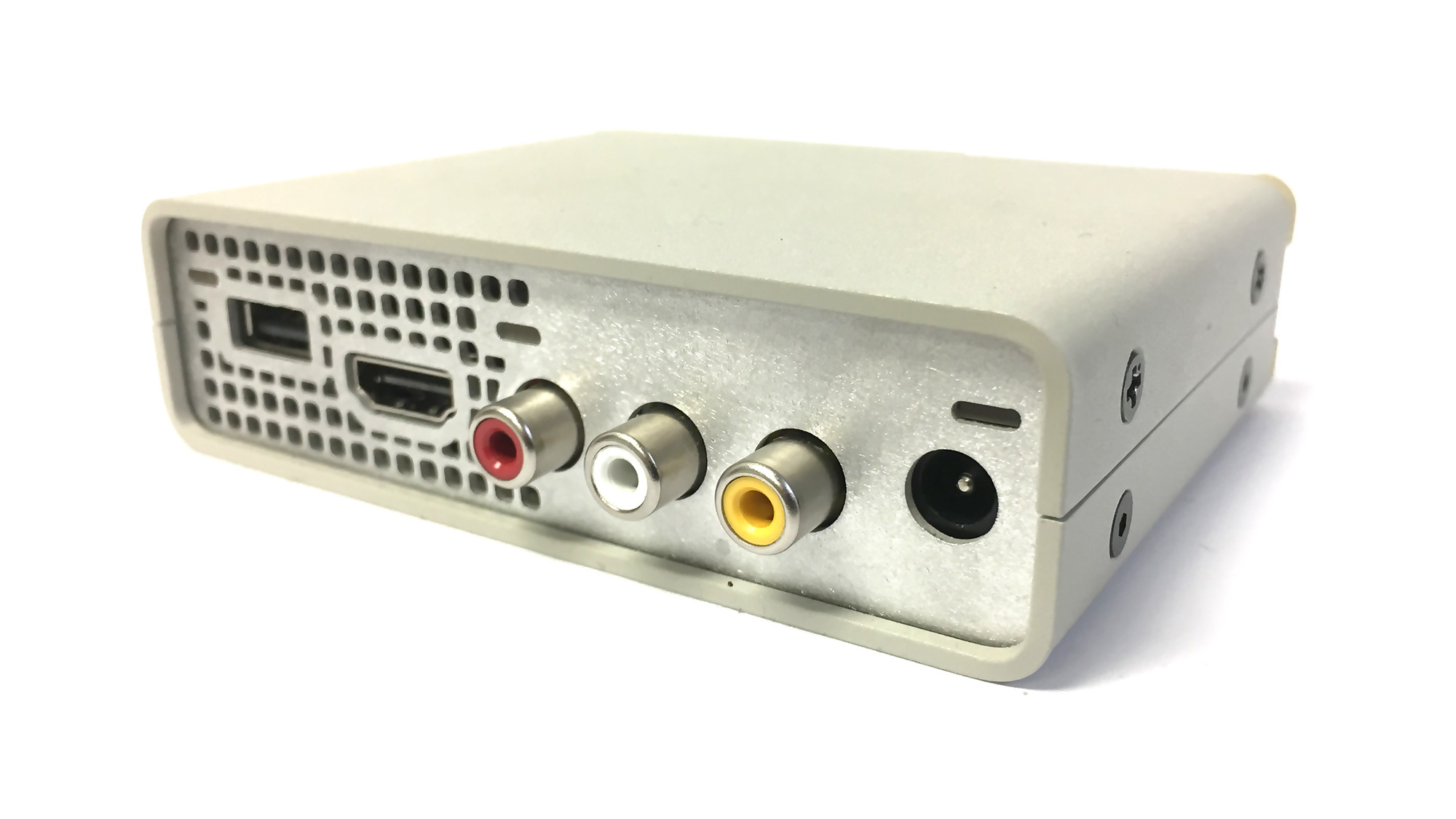
One of these choices ties the hardware to the software, it seems: In an update video published to the Unit-e YouTube channel after our interview, Yockey explains: 'Most of these games are not emulated. A lot of them are built for the architecture that's running on the PC Classic.' Native execution, if it can be achieved, would mean none of the glitches or slowdowns associated with the use of emulators like DOSbox but would require either access to the original source code for recompilation or the use of an x86 architecture SBC. So far, Yockey hasn't detailed exactly which route the project is looking to follow.
Better than expected interest from industry partners and continued tweaks to the design, though, mean that the PC Classic has already overrun its original schedule before even making it to the crowdfunding stage. 'I did mention late November/early December [for a crowdfunding launch] in that wonderfully-produced video I made,' Yockey admits. 'One of the nice things about making a video that creates a lot of buzz - and not just in the audio - is that some licensors and publishers actually came to us before we could pitch to them, so we have more options available early on than we expected. We'll evaluate soon whether we'll go with crowdfunding at all or take a more traditional approach.'
More details on the PC Classic, which with a following wind will be heading to an as-yet undeclared crowdfunding platform in the very near future, can be found on the official website.

MSI MPG Velox 100R Chassis Review
October 14 2021 | 15:04

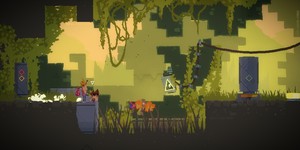
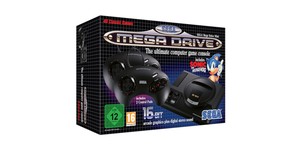
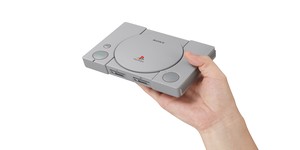





Want to comment? Please log in.